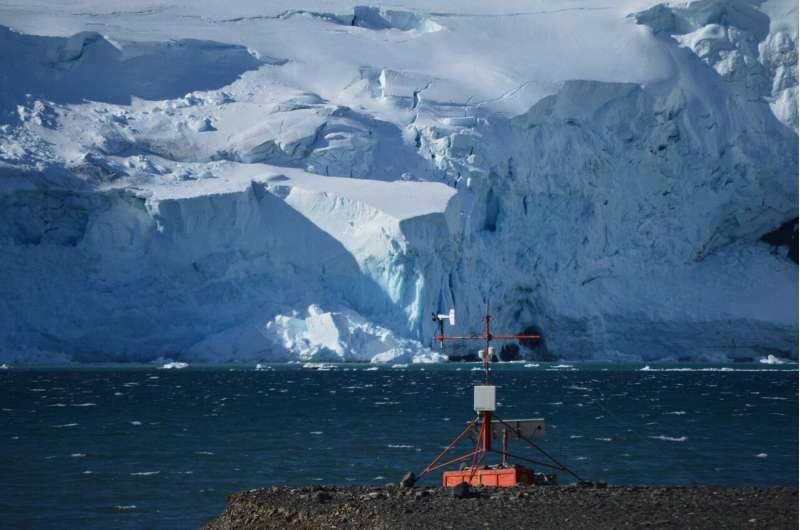Phys.org July 11, 2024
According to an international team of researchers (USA – University of Chicago, NASA Goddard Institute, MIT, Carnegie Mellon University, Germany, Finland) earth’s two large ice sheets, in Antarctica and Greenland are the major contributor to sea-level rise and the subsequent damage to natural and human systems. They are currently deteriorating and will continue to deteriorate even under the most optimistic greenhouse-gas emissions scenarios. Although they cannot be stopped, it may be possible to slow the deterioration. Over the last four decades, scientific research on ice-sheet deterioration and sea-level rise has been focused on two essential questions: 1. What physical processes cause ice-mass loss that contribute either directly or indirectly to sea-level rise? 2. How is climate change affecting these processes? Significant progress has been made on these questions. Answers to these questions have recently raised three further questions that are essential in driving research over the next two decades – What natural processes might limit ice-sheet deterioration; Are there human interventions that could enhance these natural processes, thereby slowing sea-level rise? This document lays out a research agenda for answering these questions over the next decade, along with a consultation process for ensuring the transparency of the research and its relevance to future decisions about pursuing such interventions. The present document does not advocate for intervention; rather, it advocates for research into whether any interventions may be viable… read more. Open Access TECHNICAL ARTICLE

Credit: Pixabay/CC0 Public Domain